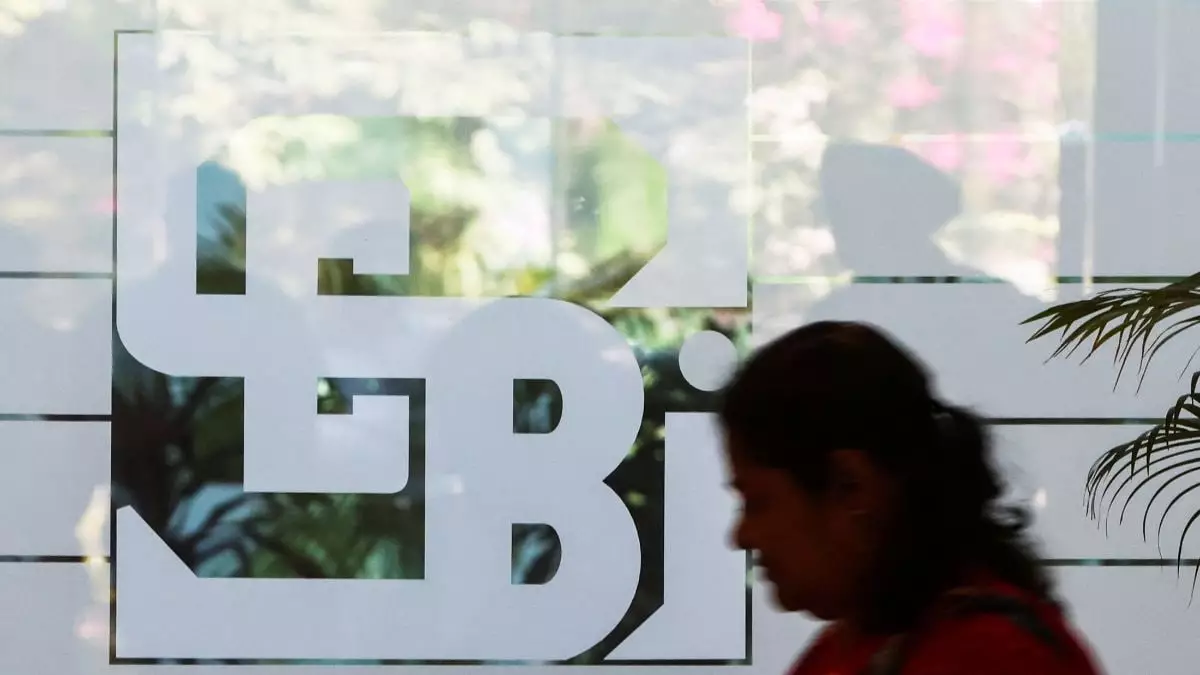In a decisive move to bolster the integrity of India’s securities markets, the Securities and Exchange Board of India (SEBI) has taken a commendable step by mandating that all registered intermediaries must register on social media platforms, such as Google and Meta, using specific contact information submitted to the regulator. This initiative emerges in response to a troubling surge in fraudulent activities perpetrated through digital channels. As various platforms have become breeding grounds for deceptive practices, SEBI’s proactive approach aims to safeguard investors while enhancing the transparency of online trading.
The sheer volume of scams targeting unsuspecting individuals through persuasive online ads and dubious trading courses highlights an urgent need for regulatory intervention. SEBI’s observation of fraudulent schemes proliferating on popular platforms like YouTube, Instagram, and WhatsApp brings the issue to the fore, making it clear that the traditional methods of regulation must evolve in tandem with digital innovation. The intricacies of these scams—often masked as reputable investment opportunities—pose significant risks to naive investors who may lack the critical knowledge to discern credible offers from mere deception.
Rethinking Verification in the Digital Age
The essence of SEBI’s directive lies in its robust verification process aimed at ensuring that only legitimate intermediaries can access advertising capabilities on these platforms. By demanding that firms link their social media accounts to registered email addresses and phone numbers on the SEBI SI Portal, the organization establishes a crucial check against fraudulent entities masquerading as legitimate players. The implementation of such a verification process not only serves to identify the true identity of these intermediaries but also fortifies the principle of trust, which is foundational to the financial markets.
Moreover, this requirement sends a clear message to potential fraudsters: the regulator is attentive and prepared to combat scams wherever they may arise. Unfortunately, the digital landscape has become an arena where anonymity can be exploited, and the challenge remains for SEBI to continuously adapt to this rapidly changing environment. By requiring intermediaries to update their contact information by April 30, 2025, SEBI allows for a controlled transition that ensures compliance and fosters a safer environment for investors.
The Larger Implications for Investors and the Market
Ultimately, SEBI’s recent initiatives hold considerable implications for the broader financial ecosystem. By enhancing transparency and increasing oversight on advertising practices, the regulator not only protects individual investors but also contributes to building a more robust and trustworthy market infrastructure. Enhanced investor confidence can lead to increased participation in the securities market, bolstering capital formation and economic growth.
This corrective action from SEBI signifies a pivotal moment in the evolution of regulatory practices in the face of digital transformation. It underscores the need for continuous evolution in regulatory frameworks to keep pace with technological advancements and consumer behavior patterns. As millions of people navigate the online landscape daily in search of investment opportunities, ensuring a secure and transparent environment is paramount.
Indeed, SEBI’s decision serves as a vital reminder of the importance of vigilance in the digital age while demonstrating the regulator’s commitment to creating a fair and competitive marketplace for all participants involved.


Leave a Reply